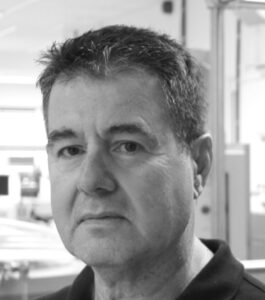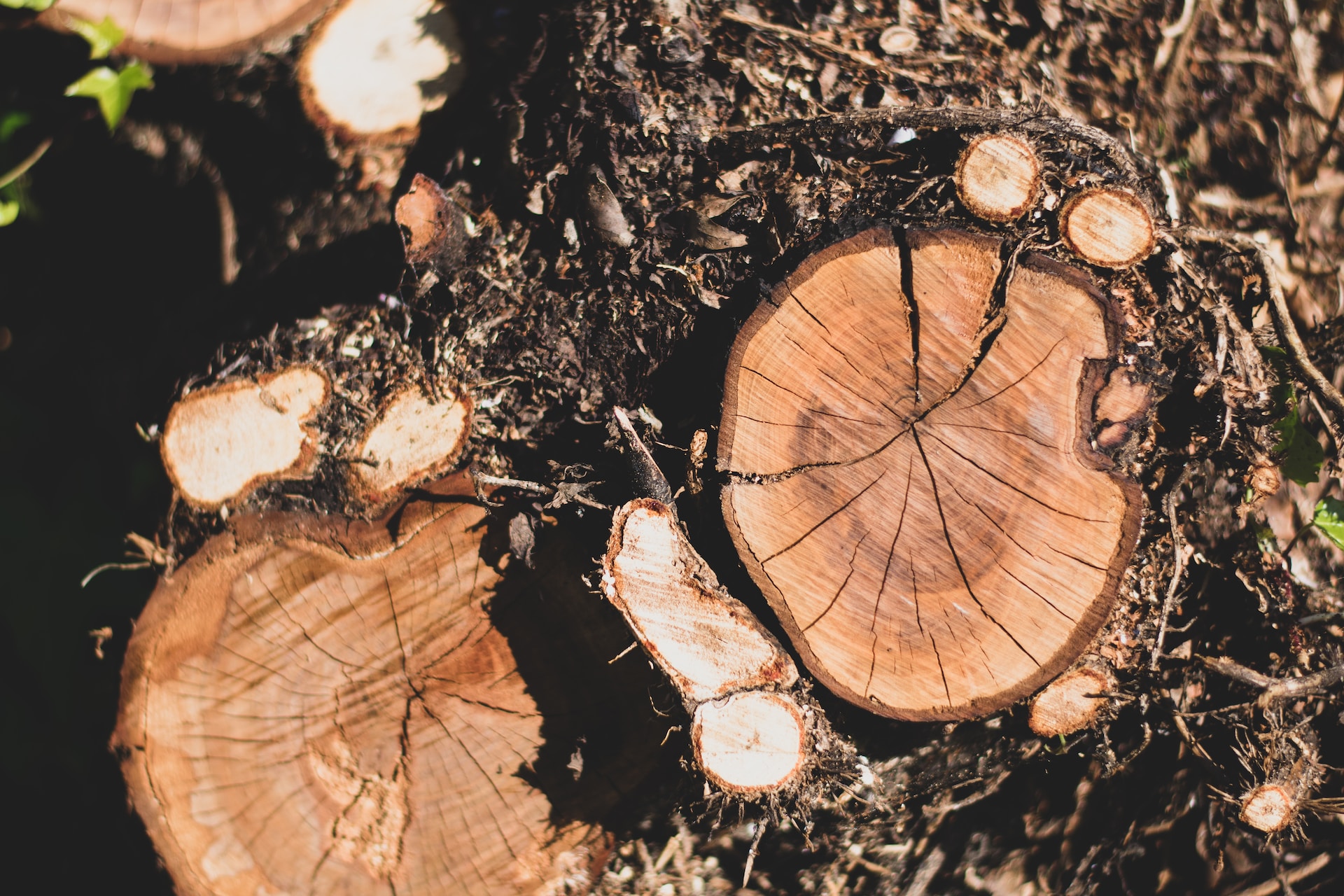An insects biorefinery approach as a strategy to unlock the nutritional and energy potential in co-located lignocellulosic industrial side streams (UNLOCK)

The UNLOCK project aims to meet the EU’s Renewable Energby Directive (RED) II by transforming Brewer’s Spent Grain (BSG) into advanced biofuels and animal feed. It uses the fungus Neurospora crassa and Black Soldier Fly Larvae (BSFL) to convert BSG’s structural polysaccharides into fat and protein. This involves Solid-State Culture and Solid-State Enzymatic Hydrolysis to generate sugars that can be used as feed for BSFL, whose fats are then processed to a fatty acid stream by SunPine that can be integrated into existing oil refineries producing biodiesel.
The project aims to achieve over 50% conversion of BSG to larval fat, and more than 90% efficiency in fat and protein extraction. It also targets 20% lower greenhouse gas emissions compared to existing methods.
Partners include universities LTU and SLU, industries SunPine and Bottenvikens bryggeri, and the Boden Business Agency and Hushållningssällskapet. The project supports Boden’s carbon-neutral goals and offers a sustainable alternative to traditional fuels

Paul Christakopoulos
Luleå University of Technology (LTU)

paul.christakopoulos@ltu.se
Project information
Participants
LTU
Swedish University of Agricultural Sciences SLU
SunPine
Bottenvikens bryggeri
Bodens utveckling AB
Hushållningssällskapet i Norrbotten-Västerbotten
Time schedule
December 2023 - December 2027
Total cost of project
7 587 731 SEK
Swedish Energy Agency project number
2023-01039
More projects

Energy efficient fossil-free aviation for regional public transportation in support of a green transition (NORRFLYG)
The industries of the green transition in especially northern Sweden, are in demand for labor, specialists and equipment from an increasingly large…
Manager: Jonas Westin
Ongoing

Site preparation and bioenergy harvest: How is the carbon stock in soil and biomass affected after 10 years?
Site preparation promotes tree growth and increases carbon storage in tree biomass. Extraction of bioenergy from the forest, such as slash and…
Manager: Monika Strömgren
Ongoing

The role of bioenergy to achieve energy and climate goals – an assessment of a changeable function in a dynamic energy system
The overall aim is to describe how the role and function of biomass to achieve energy and climate goals will change over…
Manager: Pål Börjesson
Ongoing


